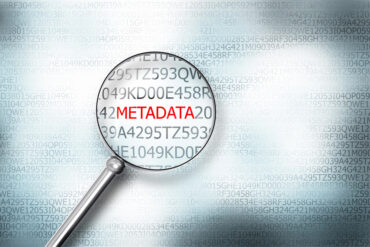
Business magazine The Economist says blockchain technologies will remake the internet as we currently know it. But there are issues.
Blockchain will remake the Internet as we know it, a recent report in the Economist asserts. In many ways, blockchain — or other forms of distributed ledger technology — hold forth a promise to “re-decentralize” the Internet, which has increasingly been dominated by large web companies.
As the Economist describes the development:
“Businesses and projects with odd names are already proliferating. They are easily confused with the many startups that have recently launched new crypto-currencies via an initial coin offering (ICO), a much-hyped form of crowdfunding. But though Blockstack and its ilk have done the same, their main aim is to use technology to make the online world a more decentralized place where people can do business “on their own terms.”
According to a recent study out of Nasdaq Inc. and Celent, one of the fastest-moving industries on the planet — financial markets — is becoming the place where blockchain and DLT will make its mark. There is tremendous interest in adopting new technology such as cloud, artificial intelligence (AI), machine learning (ML), and distributed ledger technology (DLT) because they can help develop innovative solutions, new business models, and contribute to significant operational improvements. New solutions are being developed with of one the new technologies (open architecture, cloud-enabled, and/or application programming interfaces (APIs), or at least with provisions to easily incorporate them in the future by 95% of market infrastructures surveyed.
See also: SAP embraces emerging tech like blockchain. machine learning
Five percent of these organizations are currently using DLTs, with 70% working on pilots. “Distributed ledger technology promises to be transformative, especially in post-trade market infrastructure, and almost all players are involved in DLT development projects through partnerships, joint ventures, and industry consortia,” the study asserts. Numerous use cases of DLT are emerging in peripheral functions. Because it is still a new and complex technology, not every organization is able to experiment with it individually.”
It may take time until blockchain or DLT applications reach critical mass in enterprises, the Economist report agrees. Tools are lacking, scalability is an issue, and governance is still an open question. “Plenty of institutional innovation is also needed. If blockchains are to manage without central administrators, others will have to handle the task. Project leaders, though often of a libertarian bent, have no choice but to become regulators.”





























